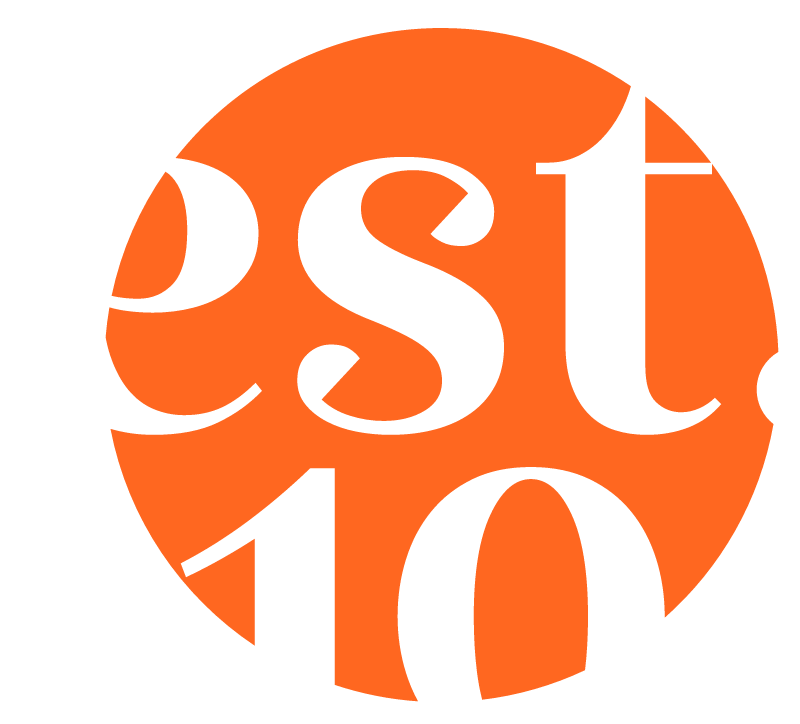We refer to it as headhunting to add mystique and enchantment, but it really is executive search. Traditionally and in days prior to the excruciating boa constricting squeeze for talent, the big names (or heads), heavy hitters of industry were headhunted. These executives did not look for jobs. They were approached, not necessarily by an executive search consultant but by those in the know, an ex-colleague, a friend of a friend, their network or boy’s club in the day.
Headhunting originated after World War Two when soldiers recommended other soldiers for specialised skills. They were also in the know. And the tribal association with headhunting: the idea of taking one’s soul and intellect, weakening an enemy’s tribe and asserting dominance, well, the sentiments, motivations and similarities are oddly acute.
Headhunting has evolved. No longer reserved for industry elites, it occurs at every job level, and like each industry, there is the good and the bad!



















